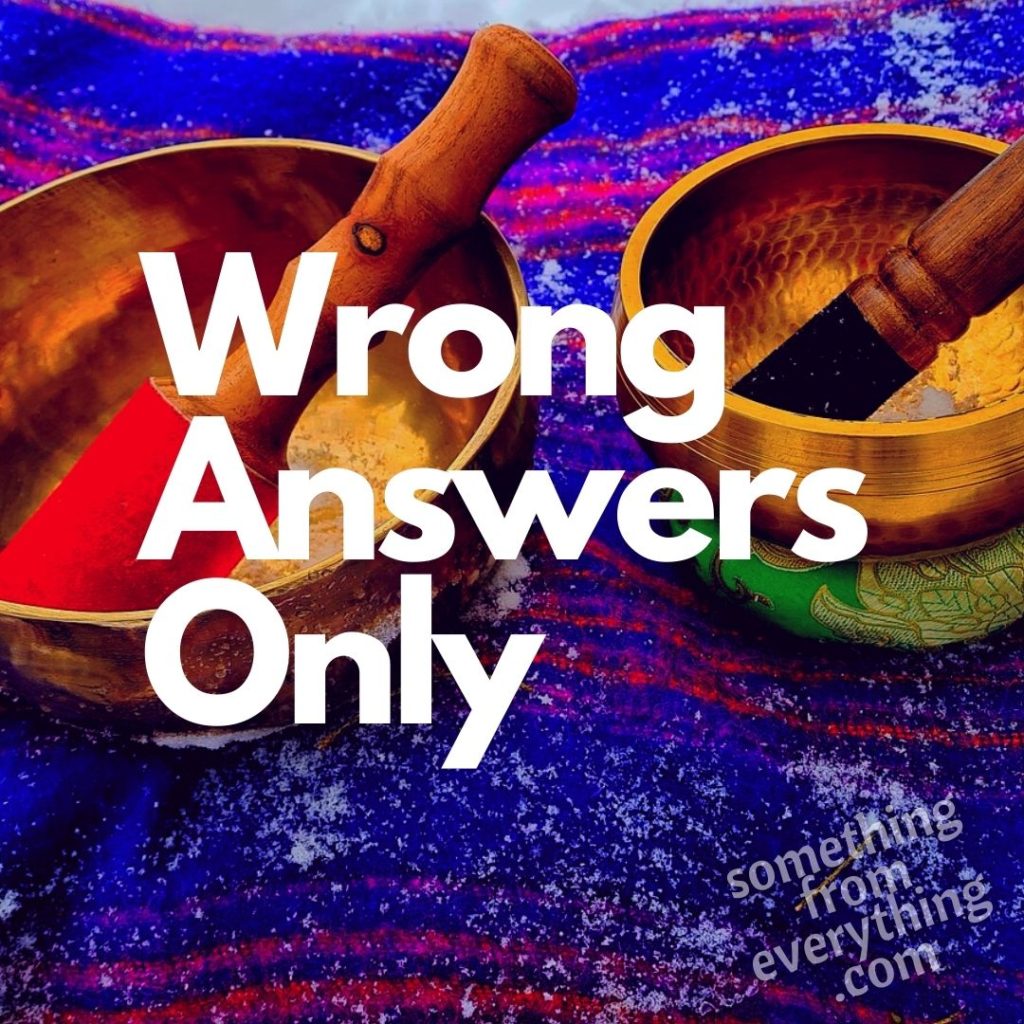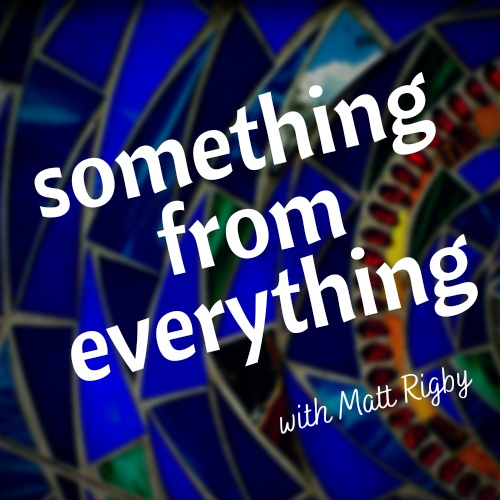
“Five minutes, that’s all I’m asking for”.
I speak the words to myself, to the air, to whatever deity or saint might be listening and willing to help me out a bit. There’s more than a note of desperation to it.
I’ve made my way to the most secluded room in the house. The desk in front of me is as clear as it ever is. The laptop is closed, the monitor pushed back and the keyboard moved aside. In their usual place sits only my phone, a large play button visible on the screen.
A few minutes ago I was listening to a podcast about meditation and contemplation. I’ve paused it and retreated to this room for the final few minutes. This is the moment where the host of the podcast is inviting the listener to become a participant, to enter into five minutes of silence and breath meditation.
“Five minutes, that’s all I’m asking for”.
It might be a lot, this day.
On any given day, this ritual might be relaxing. But not this day. On this day I feel only desperation. I’ve chosen a breath meditation because I feel like I can’t get a full breath in. I woke with my chest tight, the weight of grief and anxiety pressing down on me. Even as I stretch and move about the house, it feels like there is an elastic band around my chest. Breathing feels like a chore, rather than a birthright.
I close my eyes, and begin to focus on my breath anyway.
The meditation begins, and the silence turns out to be anything but. In the dead space after the invitation to begin, I hear the host lean back into his chair, hear the scratching of beard hairs. I hear each time he swallows, coughs or clears his throat. I can hear the distant muffled sound of his neighbors laughing.
I hear similar sounds in my silence as well. I hear my children running across the floors above me. I can hear my own chair creak and rub with my every movement. And mostly, I hear the sound of my own shallow, laboured breathing.
As soon as I start to become accustomed to the various noises and sounds, I begin to notice my anxious thoughts. The silence reveals them, as they encircle my head like a swarm of mosquitoes, buzzing and non-descript in the distance, and then alighting on me, whispering their high pitched interruptions.
“Maybe I can’t breathe because it’s Covid”.
“I can’t breathe because of the smoke. It’s probably only going to get worse”
“The kids have hardly been biking at all this year. Is this what it’s going to be like every summer?”
“When was the last time I changed my air filter? Maybe it’s time to buy some better ones”
“Even at work it smells like smoke. I wonder how short work will be today?”
“I’m still breathing fast. How many times am I breathing in a minute? Should I count? If it’s 18, how many breaths is that in five minut…”
My interrupting thoughts break off, dissipating into the air as quickly as they came. The five minutes of silence has been anything but. The podcast host strikes his bell, a Tibetan singing bowl, signalling the end of the meditation.
Even through the tiny, tinny phone speaker the sound immediately quiets me. I momentarily forget about my thoughts, forget about my breathing, and am at peace, feeling it’s resonance. The wavering note of it hangs in the air a long time, as the meditation host lets it fade into obscurity.
Then without invitation, my thoughts return. “I wonder if they sell those singing bowls on Amazon?”.
And I start to laugh.
It really is laughable. You have to laugh, or else cry over how ridiculous it all is. Searching Amazon for enlightenment. Seeing if they have a deal on inner peace. Seeing what other shoppers who purchased tranquility also put into their virtual carts.
The whole scene is suddenly satirical. The day’s utterly failed meditation becomes comical. My constant turning to commerce to sooth me. My distractible and anxious mind. My inability to shut up for even five minutes. I’m reminded of Blaise Pascal’s assertion that “all of humanity’s problems stem from man’s inability to sit quietly in a room alone”. The laughter is somehow freeing. At least it is honest. My breathing starts to come a little deeper.
I can see myself in that moment from a distance. Earnest, but hopelessly lost. Overwhelmed from widespread work burnout, a crashing fourth wave of Covid, the terror of watching young healthy people struggling for breath or sent to the ICU. I’m reeling from the death of two children I briefly cared for, from the sound of their parents’ wretched cries. I’m feeling trapped by the constant smoke, and the encroaching fires. I’m feeling hopeless as climate scientists raise louder and louder alarms of a point of no return, and humanity seems incapable of responding.
This is a moment of crisis, and one I feel completely unprepared for. Whatever wisdom, beauty and hope usually inspires me or buoys my spirits, it is not working this morning. I have no right answers. I have wrong answers only.
Perhaps there is a grace to finding the wrong answers.
I have a love/hate relationship with spiritual, religious or wisdom traditions. I love that they offer a place to ask the deepest questions and speak to our deepest needs.. I believe they are at their best when they ground us in a story much larger and and more ancient than ourselves.But many times, these traditions can be presented and sold in a manner that is shallow, superficial or even outright deceitful. Little more than self-serving posturing, posing and pretending. Sometimes, you can’t immediately tell the difference.
Maybe a Tibetan singing bowl seems like it will bring you inner peace (and look great on your instagram feed!), until it arrives in that Amazon box and you still feel unsettled. Maybe a mindfulness meditation promises to calm and ground you, until you realize that it is a practice, and practice includes even frustrating and failed attempts. Maybe all these practices and wisdom teachings promise to make you a more resilient and self-sufficient person, but in your most miserable moments you realize the need for a community to hold you when you fall apart.
Sometimes the wrong answers reveal our deepest needs. There’s little wrong with occasional retail therapy, magical thinking or the desire for self sufficiency, but in moments of true crisis and desperation, I don’t need the superficial or deceitful. I need practices, community and wisdom that feeds me, quiets me, grounds me, and ultimately prepares me for the realities that I will continue to face. We all need those things, regardless of how we acquire them.
Real crisis separates some of the trash from the treasure, fools gold from the real stuff. Thank goodness for the wrong answers. May they lead us to better ones.

Leave a Reply